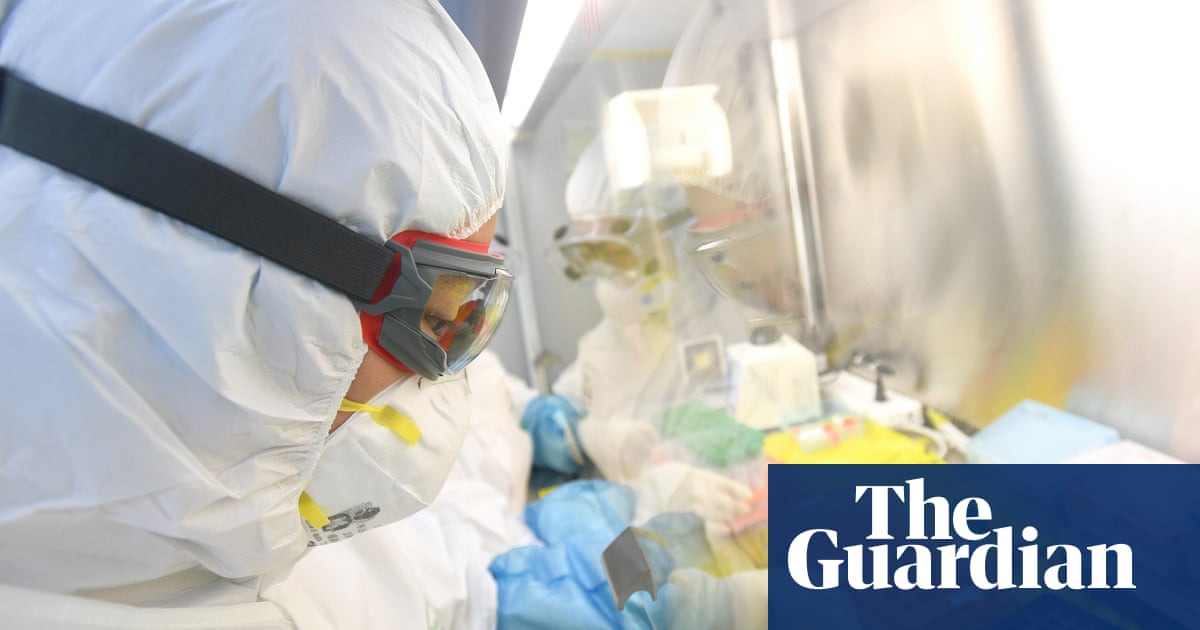Jane Qiu rightly identifies that public trust in science has diminished in recent times (The Covid ‘lab leak’ theory isn’t just a rightwing conspiracy – pretending that’s the case is bad for science, 25 June), but she misses some root causes.
Scientists and the media often don’t differentiate or clearly distinguish between hypotheses, initial findings and accepted scientific understanding when publishing information, leaving the reader/listener confused. The media get viewers, readers or clicks (money); the scientist potentially gets interest that leads to longer tenure or funding. The public gets confused when a report is later refuted or overturned.
Universities and the scientists employed by them used to be largely government-funded and independent of industry and politics. Now they are competing for government and private funds and are willing to muddy the waters around hypotheses, preliminary findings and peer-reviews. By doing so they are playing into the hands of anti-science groups.
Scientists are now as market-oriented as any other professionals, and it isn’t doing society any good. Why believe climate science when the boffins can’t even agree on how Covid-19 arose?Steven LeeFaulconbridge, New South Wales, Australia
Jane Qiu makes a lot of excellent points. But it is not fair to imply that blame for mistrust in science lies with scientists themselves.
It lies with the populist right, and decades of sustained and largely baseless attacks on scientific integrity. Climate denial, anti-vaxxing and lockdown scepticism are three major examples. As well as manufacturing doubt, these bad actors remove any nuance from public debate – reducing complex issues to a binary shouting match.
Meanwhile, climate denial has taught us that even statements in private emails can be ripped out of context and splashed across the global media, to promote a false narrative. In such an environment, any communication with the public on contentious issues is a minefield, and it is hardly surprising that many conscientious scientists avoid it.
Scientists need to communicate openly and honestly with the public, but we need support from the media, challenging anti-science voices instead of platforming them. Only then can we achieve the sort of thoughtful and honest discussion of scientific evidence that the public deserves.Dr Richard MilneEdinburgh
Have an opinion on anything you’ve read in the Guardian today? Pleaseemailus your letter and it will be considered for publication in ourletterssection.
